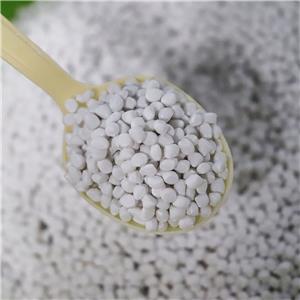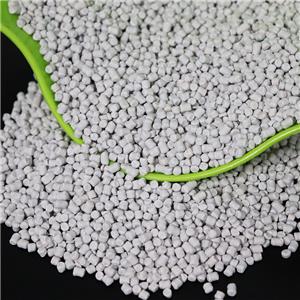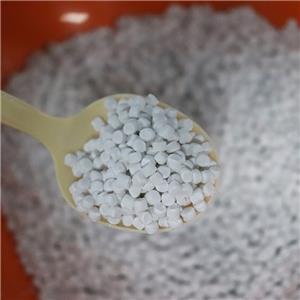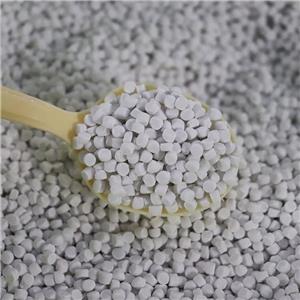Application of talc in EVA shoe material
EVA is a commonly used thermoplastic elastomer material, which is widely used in the shoe industry, such as: EVA primary soles, EVA secondary midsole, EVA slippers, etc. The main formula consists of EVA resin + filler + bridging agent + zinc oxide + foaming agent + functional additives (antioxidant, abrasion-resistant agent, etc.), and the filler is an indispensable part of the shoe material system.
In EVA shoes, the commonly used inorganic fillers are talcum powder, calcium carbonate, barium sulfate, etc., among which talcum powder is the most used. Talcum powder for EVA footwear performance impact is also very different, mainly by the talcum powder mesh, silica content.
Figure 1. The effect of talcum powder on the performance of EVA footwear materials with different mesh size
With the increase of talc mesh, can effectively improve the tensile strength, tear strength and elongation of EVA finished products, with the increase of talc mesh, the mechanical properties of the finished product is also improved, in the 800 mesh-2000 mesh range, with the increase of talc mesh, for the tensile strength of the finished product of the EVA tear strength and the trend of the larger, in the 2000 mesh, the enhancement of the amplitude slows down. Different mesh of talc has no effect on the foaming ratio of EVA shoe materials.
Figure 2. The effect of different silica content on the performance of EVA materials.
As talc has a better flake structure, so after its filling, EVA shoe materials have better wear resistance and tear strength, and the higher the silica content of talc, its wear resistance and tear strength will be higher (the lower the abrasion resistance coefficient, the better the abrasion resistance); silica content of the overall foaming multiplication of the EVA shoe material has no significant difference, and the silica content of the overall filling of the talc has lower hardness, and provides better elasticity. Provide better elasticity.
Conclusion
1, the type of talc has no effect on the foaming multiplication of EVA shoe materials, so there is no need to adjust the amount of foaming agent in the formulation system when replacing talc;
2、Talc with higher silica content has better abrasion resistance and is suitable for shoe soles, slippers and other products;
3, the particle size of talc affects its strength, but after 2000 mesh, the enhancement is smaller and more difficult to disperse, so the comprehensive cost and dispersion considerations, choose the best 1250-2000 mesh talc.
